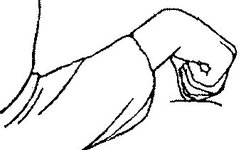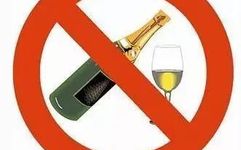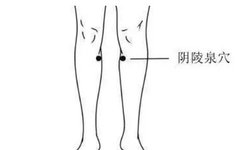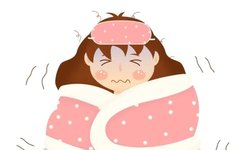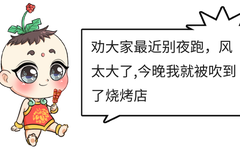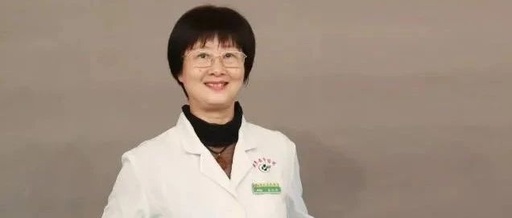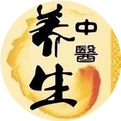5 Commonly Used Tui Na Massage Techniques: Simple and Practical, Learn Them Quickly!
Health and WellnessWishing you good health and happiness! In daily life, discomfort in the shoulders and neck, as well as soreness in the waist and legs, is inevitable. When the condition is not severe, most people choose to have family members or themselves perform massage therapy. What are the commonly used tui na (推拿) massage … Read more

